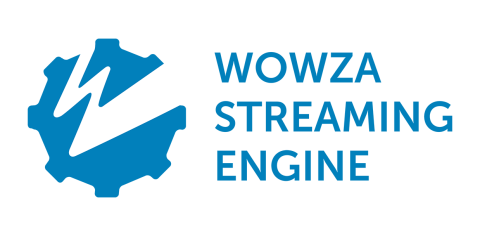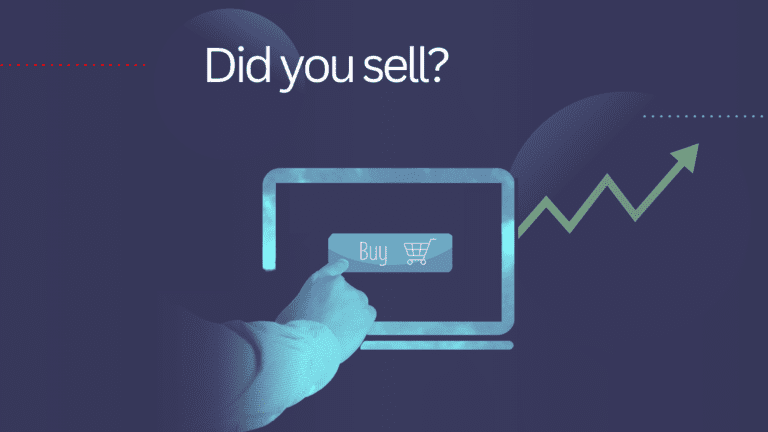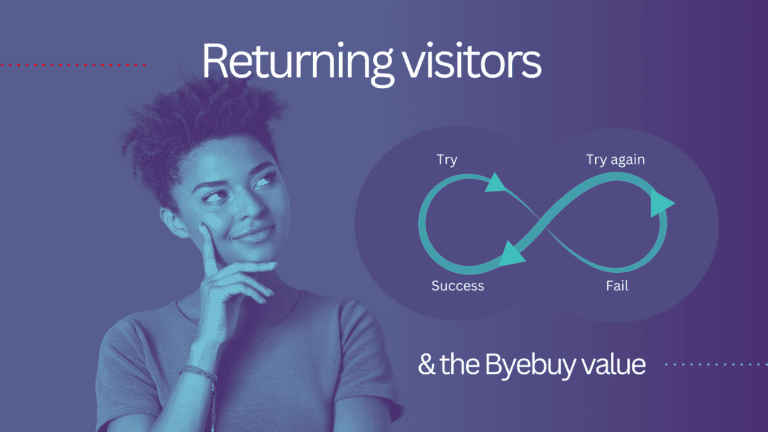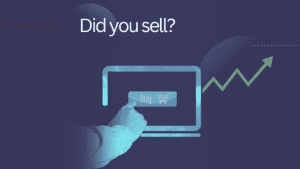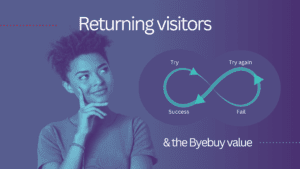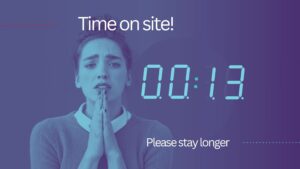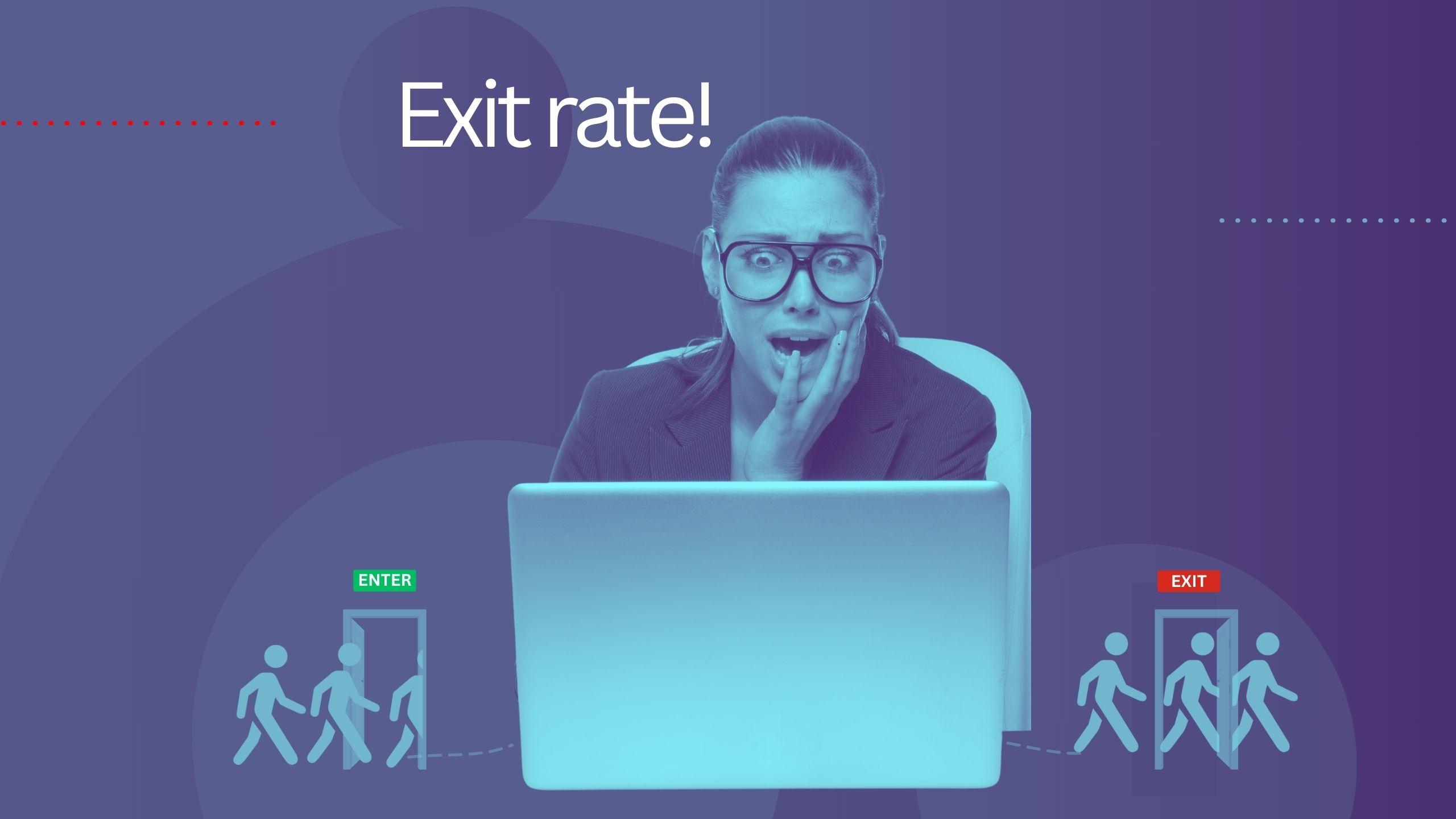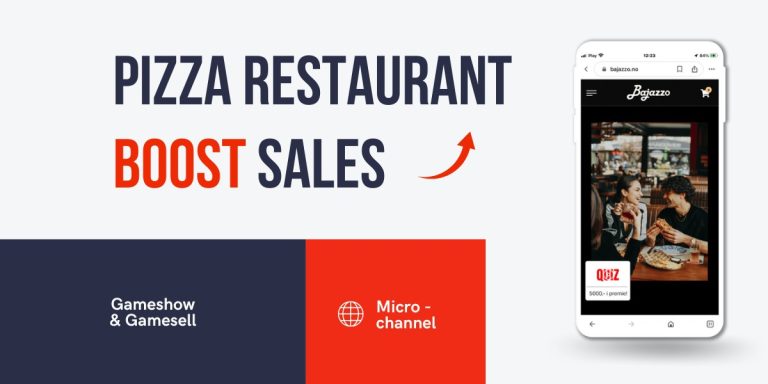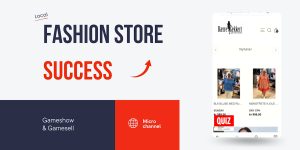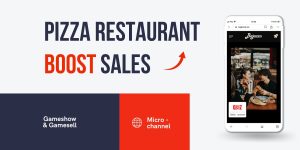Exit rate – when you loose interested customers
Exit rate – when you loose interested customers
Exit rate is the amount of customers that were interested but for some reason did not buy.
It doesn’t matter what type of sales you are doing—whether it’s e-commerce, digital, telephone, or even a physical store on the street—understanding the three key aspects of sales: Reach Out, Attention Span, and Closure, is essential.
So you Reached out, then you caught customer’s interest and now you have their attention, but for some reason they loose their interest.
In this post, we’ll discuss what happens after you’ve successfully reached out. Specifically, we’ll focus on why customers might lose interest and decide to leave after checking out your products or services.
Exit rate - when you loose interested customers
For some reason you failed to live up to the customer expectations.
In this article
Exit rate - when you loose interested customers
The purpose of "Attention span"
Attention span is the phase where you have to live up to your promises!
Contrary to what many seem to believe, the click or “Reach Out” is just the start of the sales process. “Attention span” comes next. In the phase for “Reach Out” you measure your ability to get customer interest. And in” Attention span” you measure your ability to keep your customers interested.
Or to put it differently, how well you do in this phase is measured in how long your customers are willing to pay attention related to how much time you need. The purpose and the ultimate goal is to encourage the customer to take action.
Depending on what you’re selling and the sales process needed for your products or services, the reason and expected outcome of the action may differ. But in the end, the action shall result in buying right away, or showing more interest in your brand so they might buy later. The trick either way is to be able to use the “Attention span”, as to build trust and interest in the very short, short and long term.
You use the “Attention span”, to build trust and interest in the very short, short and long term.
Exit rate - metric for amount of interested customers leaving
There’s not a single way that alone gives you an understanding of how well you are able to live up to the expectations you gave your customers when you caught their interest.
To do that you have to put together at least four metrics: Bounce rate, Exit rate, Time spent and Returning visits. These four metrics gives you a fair understanding of how well you are doing. Or how well you are able to maintain the interest that made your customers click in the phase for “Reaching out”.
Exit rate
The definitions of Bounce rate and Exit rate can be confusing because they sound so similar. Both aim to calculate the percentage of people who leave a page after opening it. However, there is a significant difference.
Exit rate is the percentage of visits that end on a specific page, while bounce rate is the percentage of visits where the page is the only one viewed in the session.
In other words, a bounce is when a user leaves directly from the page they entered on, whereas exit rates are no matter what the user did before leaving. Therefore, all bounces are exits, but not all exits are bounces.
“Exit rate” – Selling apples
People do ask you questions, look and even touch some apples but they don’t buy. So question is, how many people do this?

Why do they not buy, obviously they were interested!
“Exit rate” – Selling apples
People do ask you questions, look and even touch some apples but they don’t buy. So question is, how many people do this?

Why do they not buy, obviously they were interested!
A good exit rate
Here what is considered to show a healthy exit rate based upon page type
60-90%
Article
40-60%
Homepage
40-60%
Product page
20-40%
Category page
The most efficient way to reach out
While Bounce rate is mostly dependent of your ability to meet visitors’ expectations, Exit rate is your ability to keep your visitors interested.
Your exit rate is a result of eg. your page content, page purpose, design, layout, and user experience.
Formula
Average Exit Rate = Number of Exits / Total Number of Pageviews
Byebuy has proved the positive impact on Exit rate
Byebuy changes everything!
Lower exit rate
Lowering the exit rate is important for any business because it means fewer people are leaving after spending time exploring what you offer. Whether it’s a website, store, or service, when visitors stay longer and explore more, they’re more likely to do what you want them to—like buy something, sign up for a newsletter, or learn more about what you offer. A lower exit rate shows that what you’re offering is interesting and keeps people engaged, which helps build trust and encourages them to stick around. This can lead to stronger connections with your customers and more chances to make sales.
A low exit rate proves that you’re successfully keeping customers engaged and living up to their expectations.
Byebuy has proven to deliver exceptional low exit rate
A click comes with customer expectations
Remember the value of a click is just a click and nothing more. So just as important it is to have a tempting reason for clicking, it’s needed that you live up to your message, “the promise”.
The message and the secret weapon that we use and that shows to out to be the most efficient way to reach out, is “Click to win“. The funny thing is that what partakers can win is “to buy your products or services”. Sounds strange but it works.
With Byebuy you automatically live to customer expectations
The message and the secret weapon that we use and that shows to out to be the most efficient way to reach out, is “Click to win“. The funny thing is that what partakers can win is “to buy your products or services”. Sounds strange but it works.
This is where Byebuy shines—it’s designed to help you create engaging, no-fuss contests that keep customers interested and coming back, maximizing the value of their attention from start to finish.
With Byebuy, you will automatically live up to customer expectations and consequently lower your exit rate.
Byebuy values (all proven) – from the context of exit rate
- Strong Content Relevance: Your content matches visitor interests, encouraging them to stay and explore.
Increased Engagement: When visitors stay longer, they’re more likely to explore multiple pages, interact with your content, and understand your offerings better.
Higher Conversion Rates: A lower exite rate means that more people are moving through your sales funnel, increasing the chances of conversions, whether that’s making a purchase, signing up, or another desired action.
Improved User Experience: A lower exit rate often indicates that your content is meeting visitors’ needs, leading to a more satisfying experience that encourages them to stay longer.
Enhanced Brand Perception: The longer your customers engage with you the better value for you building your brand, trust and credibility.
Better SEO Performance: Search engines may rank your site higher if users engage more deeply, as this signals that your content is relevant and valuable.
Customer Loyalty: Engaged visitors are more likely to return, leading to repeat business and a loyal customer base.
With Byebuy you don’t have to worry what happens after the click! Or what do you think of these result?
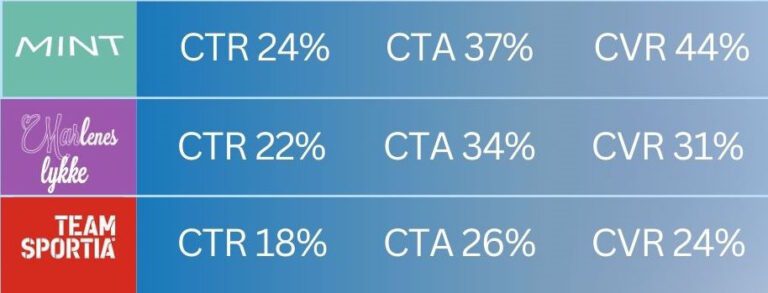
*Byebuy pricing model – you pay for lead & conversion ($0.2/ each)
Byebuy is built generate result through all the three phases of the sales process click, customer attention and closure – it is built to make sales!
But as always, it's all about the money!
You will increase your margins: Since only a limited number of customers receive the discount, not all of your revenues are negatively impacted. This helps in maintaining a healthier profit margin.
You will Increase of full price sales: Competitions motivate customers to make additional purchases. And also the natural trust and value you build generates a customer relationship with more loyal customers. Loyal customers are less price sensitive.
Cost-Effective Marketing: Running competitions is a cost-effective marketing strategy compared to offering blanket discounts, as it targets a smaller group and creates buzz without significantly impacting your margins.
“Reach Out” is the critical first step to sales success
"Reach Out" is the crucial first step for sales success
The most efficient way to reach out

